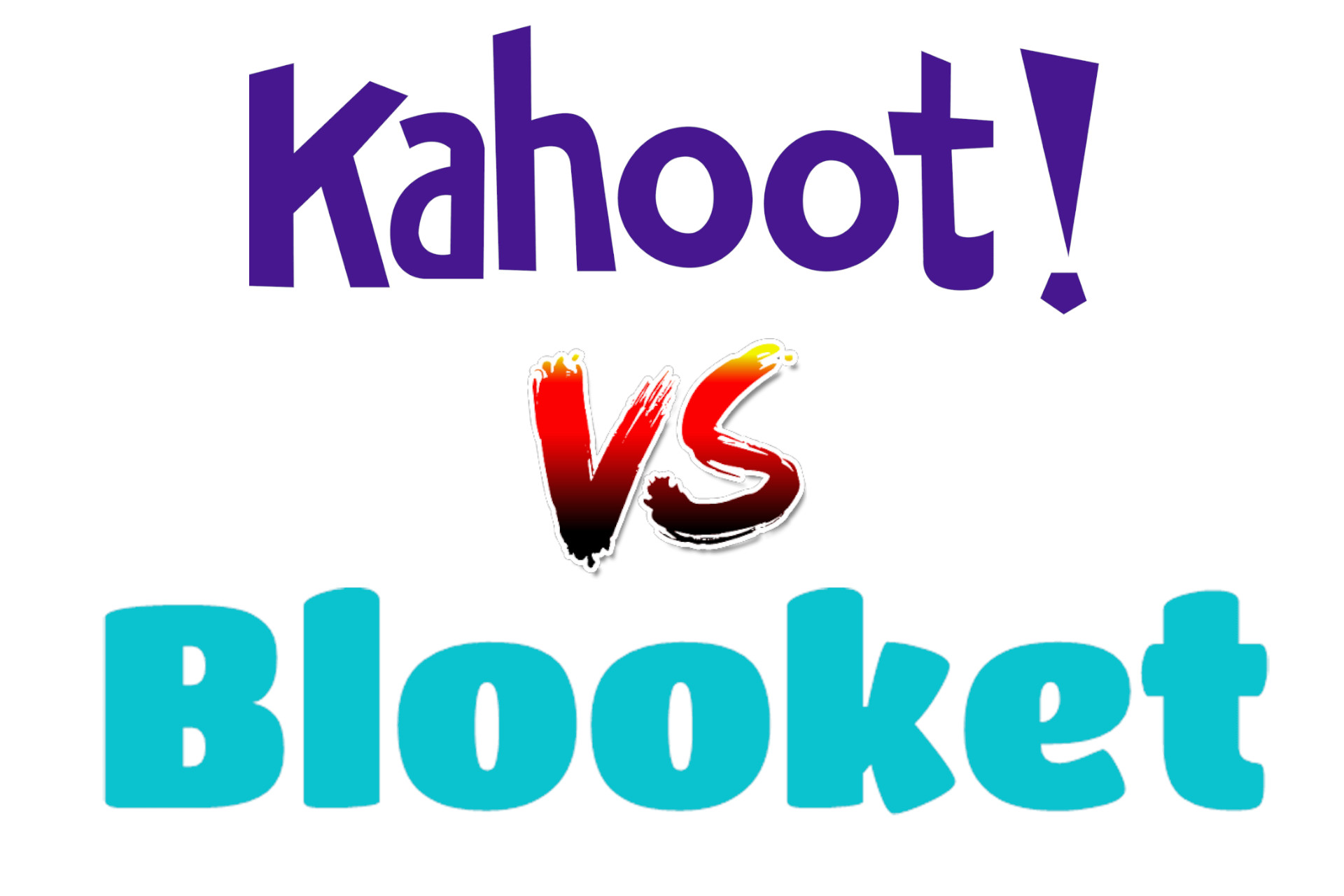
It's time for the Kahoot! vs Blooket competition to have a winner that could make it into your classroom. But which is the best quiz-style learning platform for your needs? This side-by-side comparison guide aims to help you find out.
While Kahoot! might be the big name in quiz-style learning games, Blooket is also a popular option. The main difference between the two is that Kahoot! is quiz-focused only, while Blooket offers sub-games as rewards for completing quizzes.
Blooket uses cartoon characters as part of the learning journey, while Kahoot! is also image-led but with less character focus. For this reason, and more gamification, Blooket could be a better option for younger users. That said, there is a Kahoot! Kids specific option which you might also want to look into.
For now let's look at what makes these two great, and what might not be so useful in your classroom.
Kahoot! vs Blooket: Which is best for your classroom?
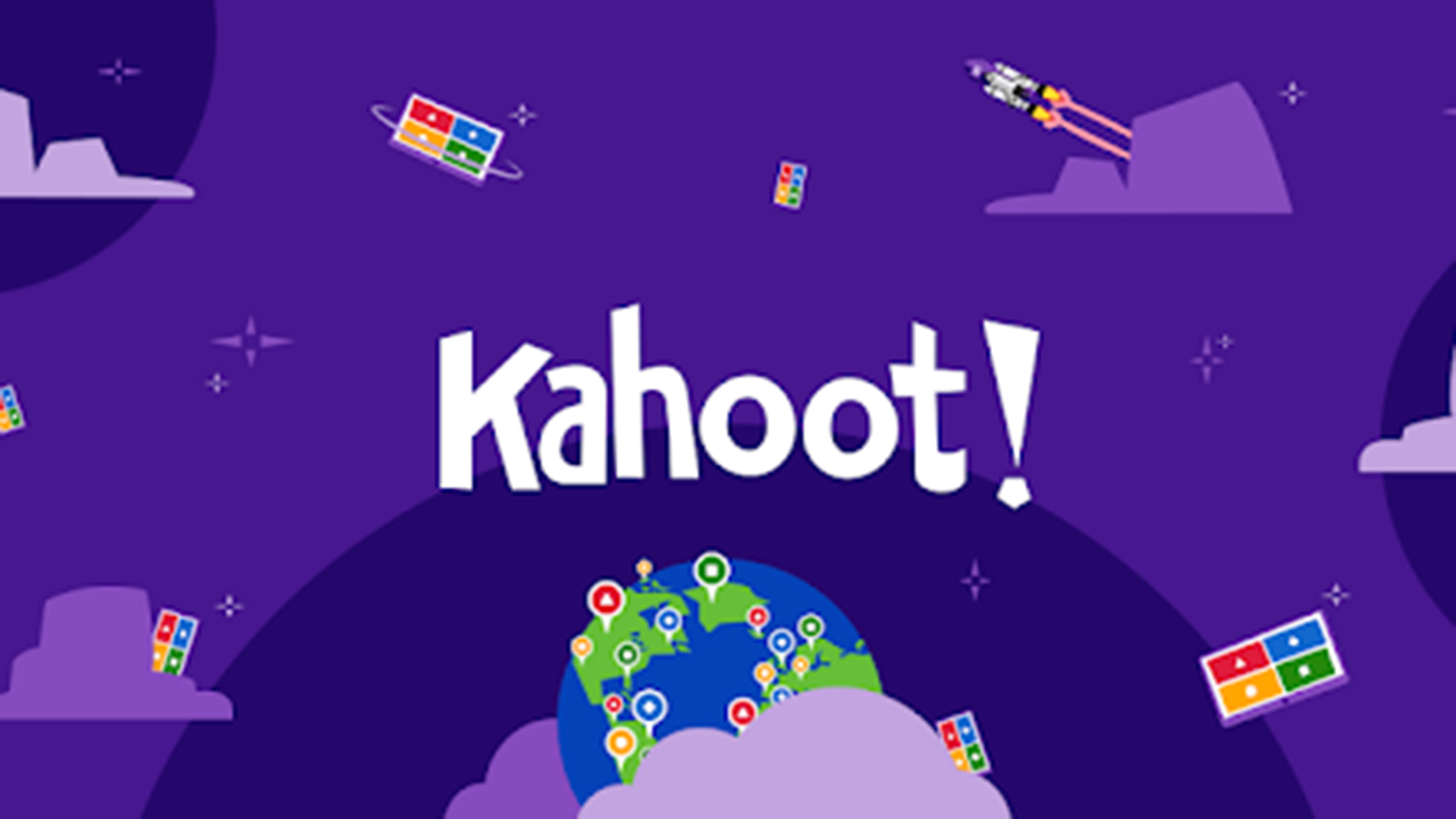
Functions
Both Kahoot! and Blooket offer question-and-answer-style quiz games to promote learning through testing. In each case there are pre-populated options that allow teachers to pick and set a quiz with a lot of ease, ideal for saving time. Both also allow for the editing and creation of specific quiz options, superb for standards or subject- and lesson-specific learning.
Kahoot! is more about each quiz, with more than 40,000 from which to pick. This means teachers can likely find a quiz that's already made that will do the job of educating or setting students up on a subject. As such, this is ideal for use in the room.
Blooket differs in that it is more about a longer journey. Students play as a character and correctly answering questions awards you points and coins, as do game wins. These can then be used to modify and personalize the characters as they progress through the game. So this feels more like a system suited to use inside and outside of the classroom.
Kahoot! provides game report data for teachers to use to assess students and classes as they progress. It also offers greater integration of media such as images and videos, allowing it to be used as a teaching tool -- like slides -- to be used in class.
Blooket uses what it calls teaching sets, which allow educators to set a subject area to a certain group and have it lined up with work automatically, so students can continue on their own devices outside of class.
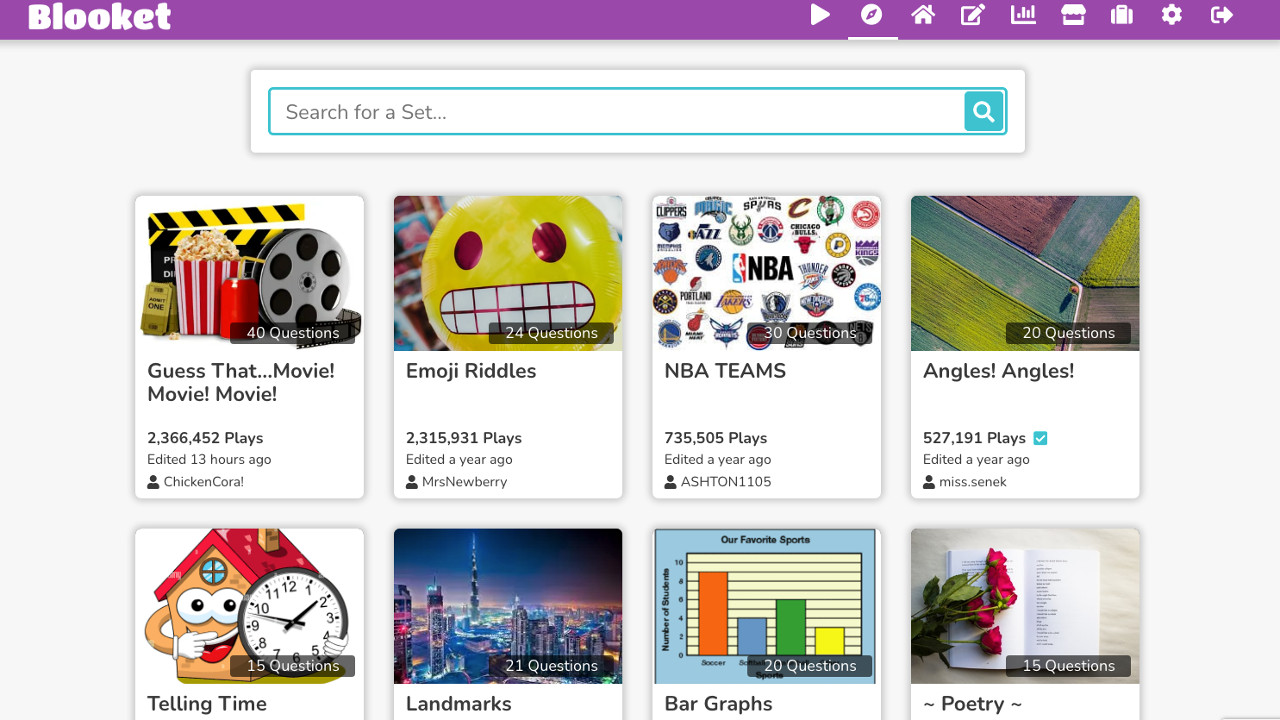
Features
Kahoot! offers some stand out features such as Ghost mode, which allows students to play against a previous high score, helping them to gain mastery by going over a subject in order to better their last effort. The classic timer-based multiple choice quiz mode is also available, except that timer can be turned off, making for a good option to work through as a group in class -- or perhaps as a project that requires research throughout.
Blooket offers a Cafe mode, in which students answer questions in order to service in-game customers. Or there's Tower of Doom, a game that involves battling characters by answering questions that help them win.
Blooket also offers a fun randomizing feature that allows you to assign points at random rather than based on who answers first -- leveling the playing field for anyone who might struggle with the pressure of timers.
Kahoot! does make it easy to create bespoke quizzes for teachers by copying those of others and editing and adding your own material, you can even combine quiz picks to make your ultimate selection of questions.
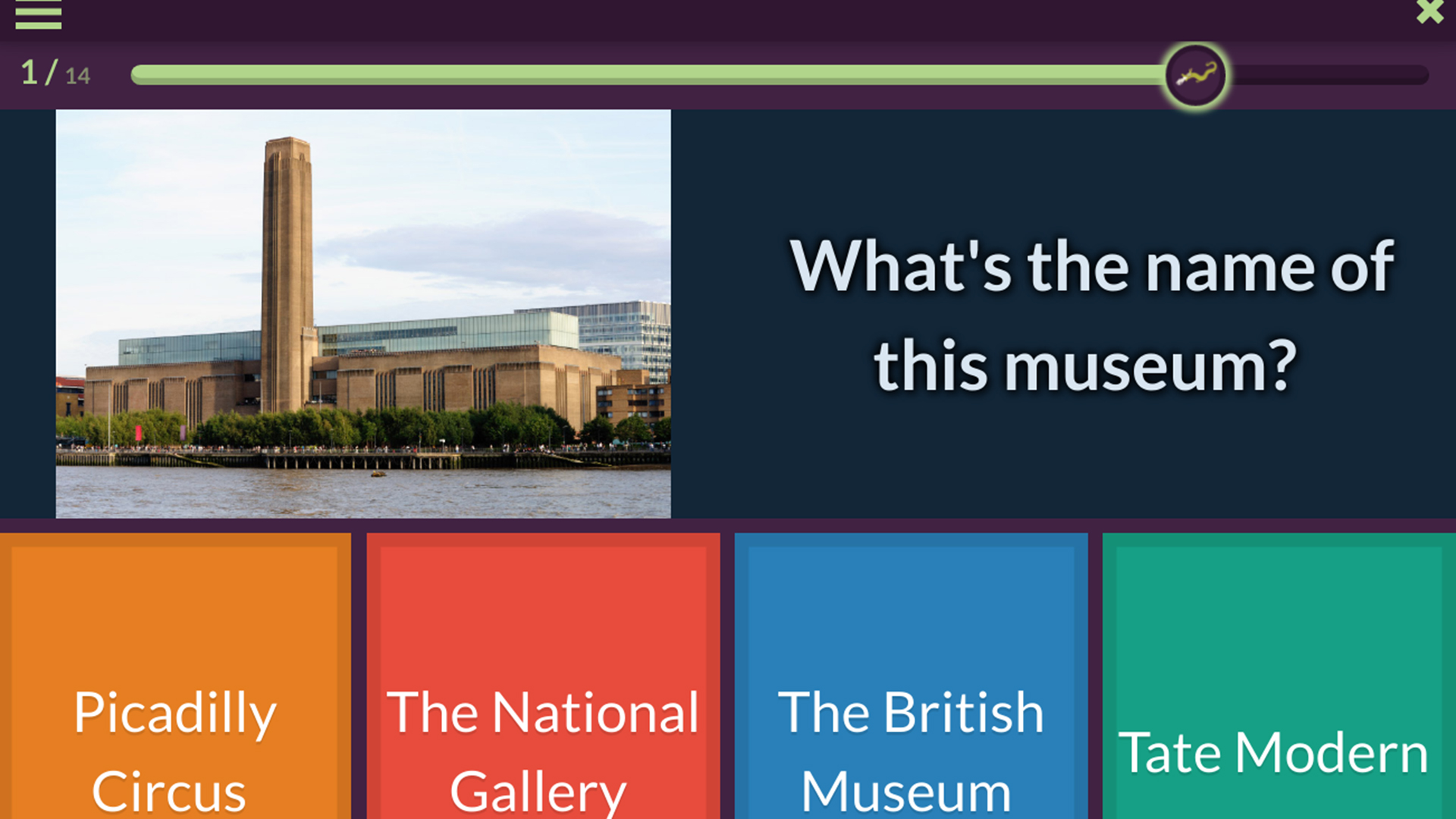
The use of media with Kahoot! is a big appeal as it can mean integrating YouTube videos that are then asked about, allowing students to learn and be assessed totally independently.
While Blooket offers a lot of pre-built quiz options, the ability to edit these makes for a bespoke quiz that fits into this points-based gaming world, something that can be addictive for students to help them come back and master subjects.
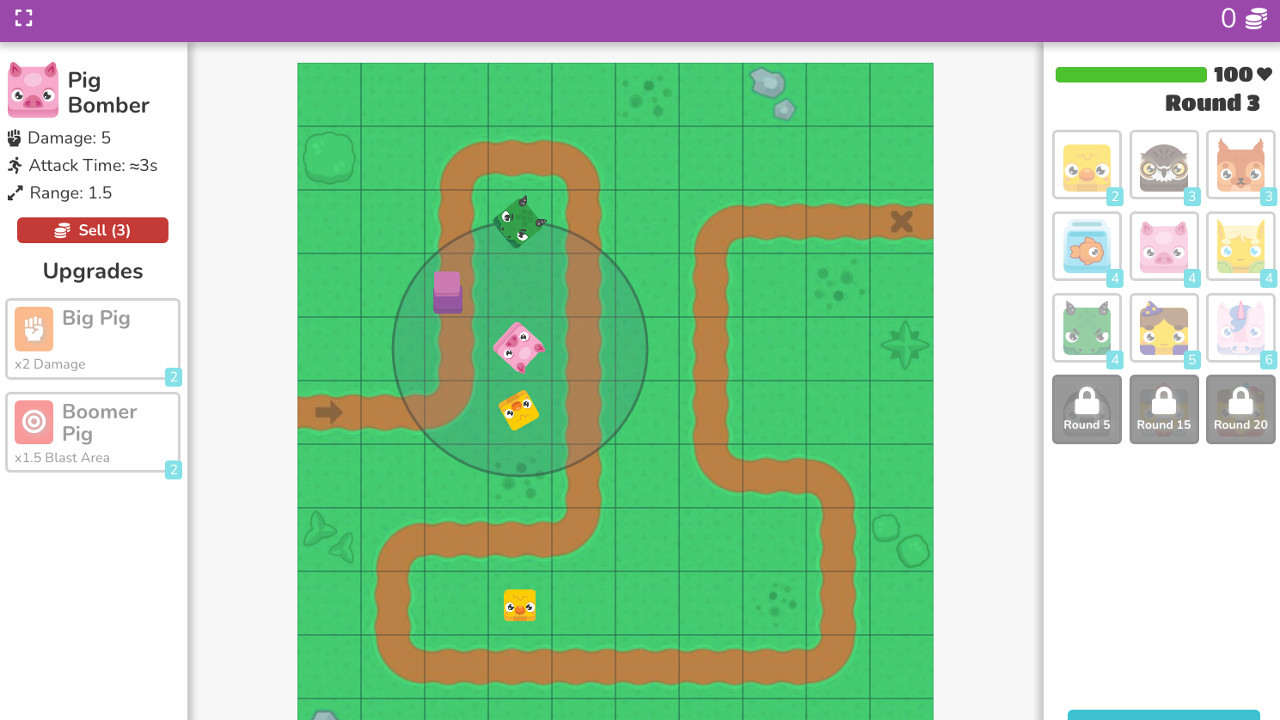
Compatibility
Kahoot! is highly compatible as it works online, so any web browser can get access via laptops, tablets, smartphones, and more. App versions are also available for iOS and Android to give the best possible smartphone experience. Kahoot! integrates well with Microsoft Teams, making for easy sharing with students as well as the ability to co-create Kahoot! quizzes with other teachers.
Blooket is online-based, making it accessible via web browsers, plus the games don't require a lot of processing power to run. These can also be shared easily since they have a code that teachers can send to students any way they find simplest.
Price
Kahoot! offers school-specific pricing plan options and also has a free version of the app. Blooket also offers a free version with some other features available in paid versions.
The free options
The Kahoot! free Basic plan gets you multiple-choice questions, and up to 40 players per game with plenty of functionality for basic quiz use.
The Blooket free option is the main system, meaning you get most included.
Paid versions
Kahoot! offers Start at $6.22 (£4.99), Premium at $12.45 (£9.99), and Max at $19.93 (£15.99). These are all teacher-specific packages and add extras including premium ready-made content, assessment tools, and more with the number of students able to participate growing at each price point. It's also worth noting there are some great Black Friday deals each year.
Blooket offers a Plus version at $4.99 per month (paid annually), and a Plus Flex model at $9.99 per month. The first adds exclusive game modes, enhanced game reports, question set folders, verified curriculum, copy and duplicate sets and up to 300 players, while the second does all that plus it lets you pay monthly and cancel whenever.
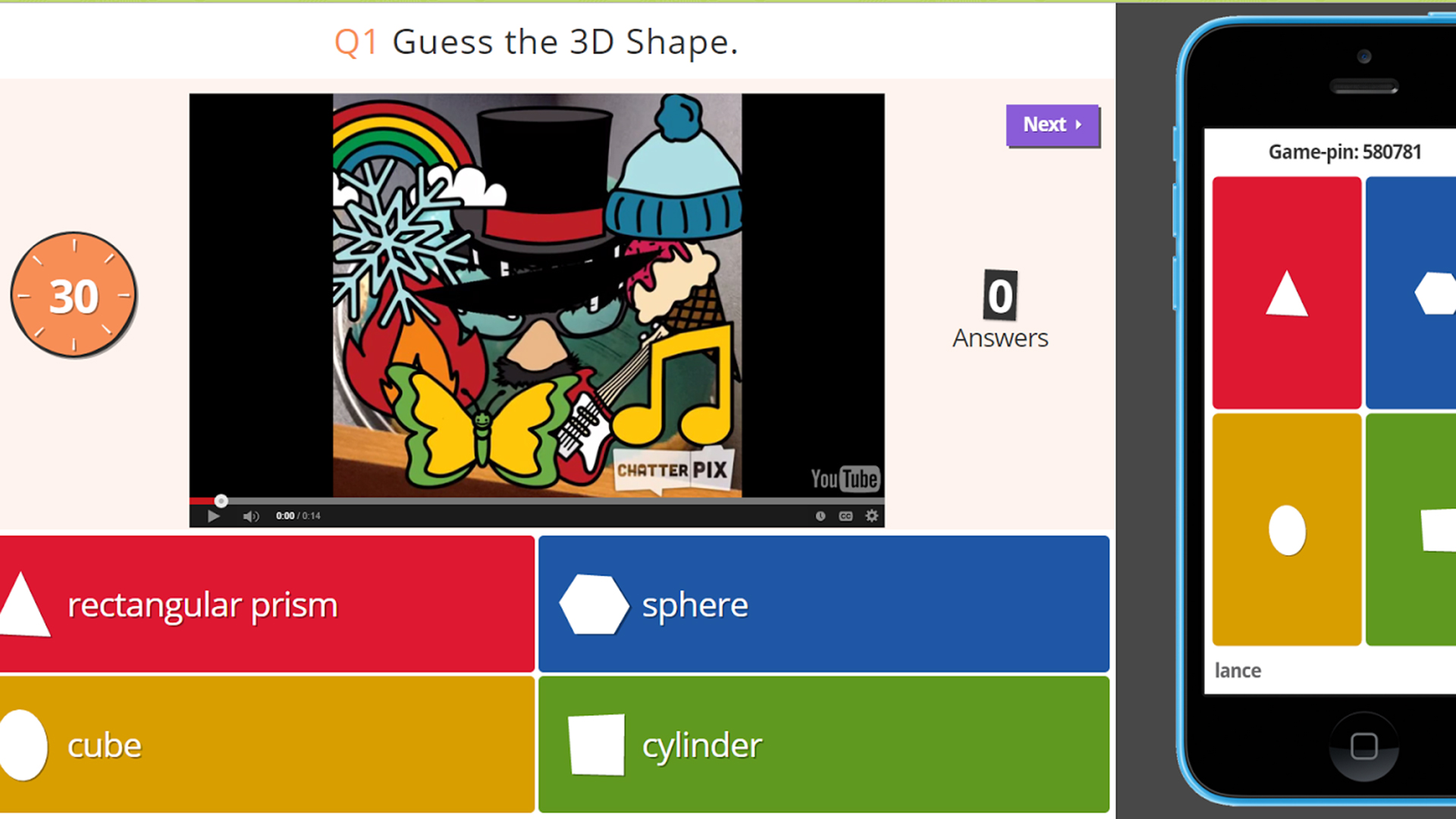
Uses
There are some great ways to take advantage of these tools in class, but to help you get you started, here are a few ideas.
For Kahoot!:
Drive the class
Set a quiz at the start of class and adapt your teaching for that lesson based on how everyone does, letting you tailor it to each student as needed.
Save time with pre-written
Use questions that are already in Kahoot! to build a personalized quiz but without having to take the time to write every question -- the search works well here.
Play with ghosts
Use Ghost mode to allow students to progress against their previous high-score. A great way to compare the start and end of a lesson to see improvements.
For Blooket:
Adapt what's there
Search the question sets already available and edit these to suit your needs for the fastest way to get up and running.
Set the speed
While lots of games focus on speed, you can go into settings to adjust this so that isn't so important – a good move to take pressure off students.
Reward the class
Setup a quiz as an exit ticket for the class, going over what was taught. Set assignments first and as students finish they get to start the game, incentivizing them to listen, get the work done, and start play – which is still learning.







